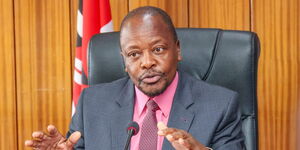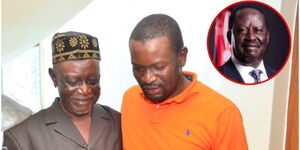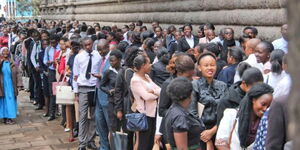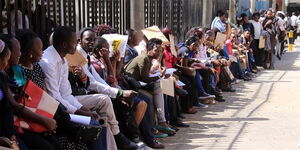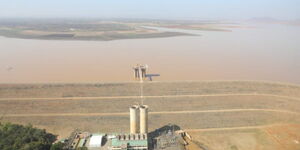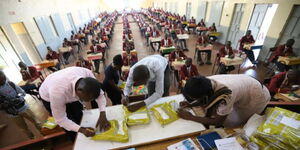Social media platform X is not available in Tanzania, with reports that the government blocked it after the country's police force account was hacked.
It has been reported that hackers infiltrated the Tanzania Police Force (TANPOL) X account and used it to spread fake news about the country's President, Samia Suluhu.
Netblock, an internet observatory group, on Tuesday, May 20, confirmed that the social media platform was unreachable in the East African nation.
“Confirmed: Live metrics show X (formerly Twitter) has become unreachable on major internet providers in Tanzania,” Netblock said.
Local police are investigating the hacking of their account and have warned of stern action against those who will be found culpable.
Just a day earlier, President Suluhu directed the police to take all the necessary action to protect social media platforms as they also protect Tanzania's national interests.
The restriction comes at a time when Tanzania is experiencing increased political tensions as it gears up for its General Election in October this year. Opposition leader Tindu Lissu, who has been championing election reforms, is currently facing trial after being charged with treason.
His arrest and subsequent trial prompted Kenyan activists and political leaders to travel to Tanzania in solidarity with Lissu. However, the Kenyans were arrested and later deported, with President Suluhu issuing a stern warning that her administration will not be allowing foreign activists into Tanzania.
Among the Kenyans who made the trip were former Chief Justices David Maraga and Willy Mutunga, activists Boniface Mwangi and Hanifa Adan. Former Justice Minister Martha Karua was also among those who were deported.
Aside from making the trip, they advocated for Lissu’s fair trial through social media platforms, leading calls to have him released.
However, this rubbed the Tanzanian government the wrong way with Karua, Mutunga, Hanifa and Mwangi ending up being held at the airport in Tanzania, and blocked from attending the trial.
Even as Karua, Mutunga, and Hanifa were deported, the status of Boniface Mwangi remained unclear. On May 20, reports emerged that he had been deported but since then, he has yet to be seen in public.
Speaking after their deportation, Suluhu on Monday, May 19, faulted the Kenyan activists for what she termed as attempts to disrupt the peace in Tanzania.
The Tanzanian Head of State, known for her firm stance, took a swipe at Kenya’s political climate, suggesting that some activists who had failed to effect change in their own country were now attempting to interfere in Tanzania’s affairs.
Even so, the restriction followed growing calls for social media regulation from other leaders within the East African region. On May 1, the Central Organisations of Trade Unions Secretary General Francis Atwoli urged President William Ruto to regulate social media.
In his address, Atwoli stressed the need to monitor the various digital platforms Kenyans are active on to silence ‘unpatriotic Kenyans and promote national stability.’


